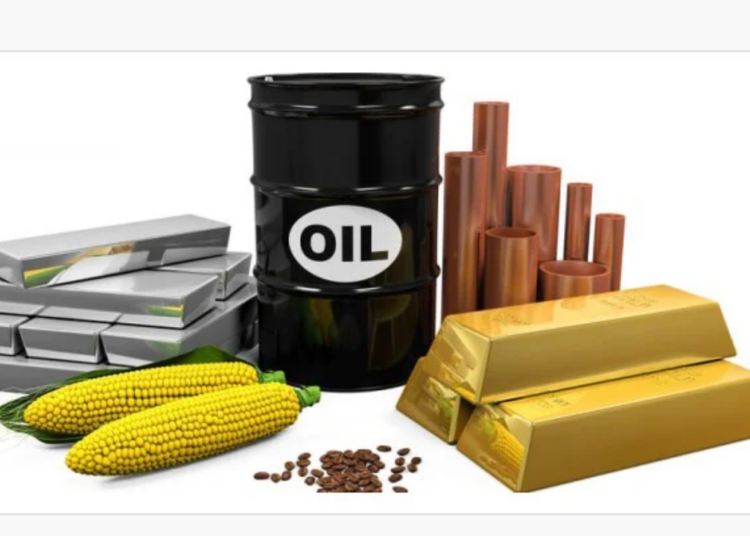The investment world is full of an overwhelming number of options, including equities, bonds, exchange-traded funds (ETFs) and more. Commodities may seem like just another one of the bunch, but these products offer a unique way to invest your money in the market.
Commodities exchange is an exchange, or market, where various commodities are traded. Most commodity markets around the world trade in agricultural products and other raw materials, such as; wheat, barley, sugar, maize, cotton, cocoa, coffee, milk products, pork bellies, oil, and metals. Trading includes various types of derivatives contracts based on these commodities, such as; forwards, futures and options, as well as spot trades for immediate delivery.
Speaking on how to invest in Commodities, a commodity trading expert, Mr Azeez Bello said: “the Nigerian capital market as a key part of the Nigerian financial market can facilitate the rapid development of an optimised agricultural and solid minerals sector through a vibrant and thriving formal commodity trading ecosystem in a bid to deliver food security, foster financial inclusion and economic growth and improved productivity.
“It also promote import substitution and forex generation, facilitate employment creation and improved livelihood for Nigerians. At this nascent stage of the commodities market, more emphasis is being placed on the trading of agricultural produce.”
He noted that the formal commodity market is a fully integrated ecosystem for commodity exchanges which provides an organised trading platform for commodities market information system for data dissemination, efficient clearing and settlement system, warehousing facility with electronic warehouse receipt and collateral management system, grading and standardisation system for commodities, network of farmers cooperatives, commodity brokers, dealers, merchants, aggregators and large agro-processing companies, logistics network, banks and financial institutions and a legal and regulatory framework that guides transactions on the exchange.
According to Bello, the Securities and Exchange Commission(SEC), as the apex capital market regulatory agency, is responsible for the regulation and supervision of commodity exchanges by ensuring a fair and orderly market and protecting investors.
“Presently, there are four Commodities Exchanges in Nigeria namely; Nigeria Commodity Exchange (NCX), AFEX Commodities Exchange Ltd (AFEX), Lagos Commodities and Futures Exchange (LCFE); and Gezawa Commodities Market and Exchange (GCME)
“The parties which closely interact within the commodity exchange ecosystem include Farmers, Brokers and Dealers, Processors and Investors with each playing their separate roles in the development of the market whether as traders, speculators or arbitrageurs with short term horizon with focus on the market or as long-term market participants which may be Hedgers, processors, investment companies and asset managers willing to hold on to positions for extended periods.
“Today, commodities exchanges now provide investors the opportunity to invest in commodities as alternative investment asset class as they consider options outside traditional investments in equities and fixed come instruments.
“Currently, available Investment products on commodities exchanges include Spot Commodities and deliverable forward contracts for physical or cash settlement, other products include Exchange Traded Commodities, Input Notes and Asset backed Commercial papers. These investible products present opportunities to investors to secure good returns on investments.
“Investors are advised to consult their investment professionals for proper guidance on the methods of investing in these novel markets,” he pointed out.





